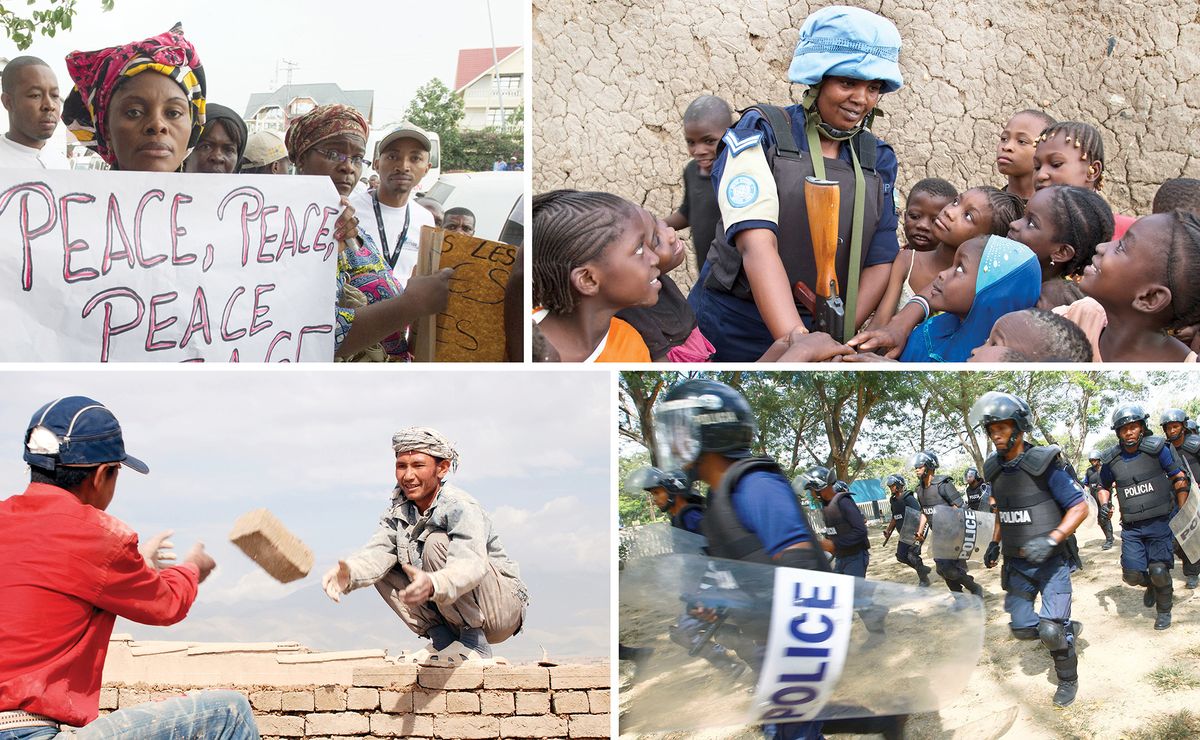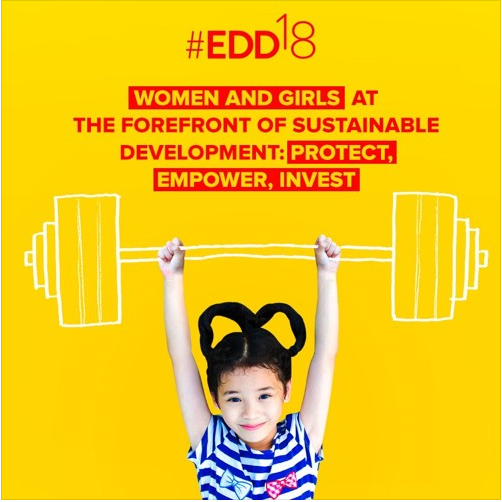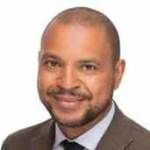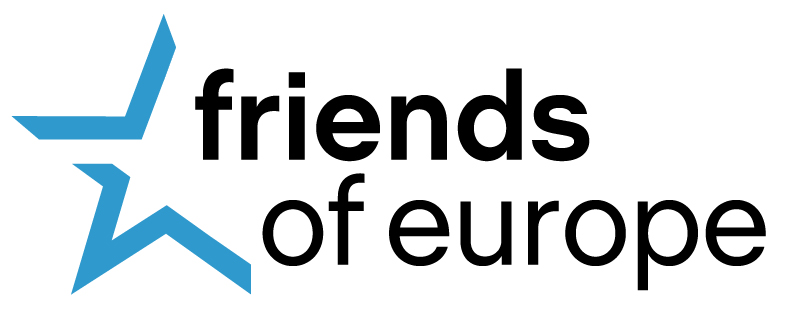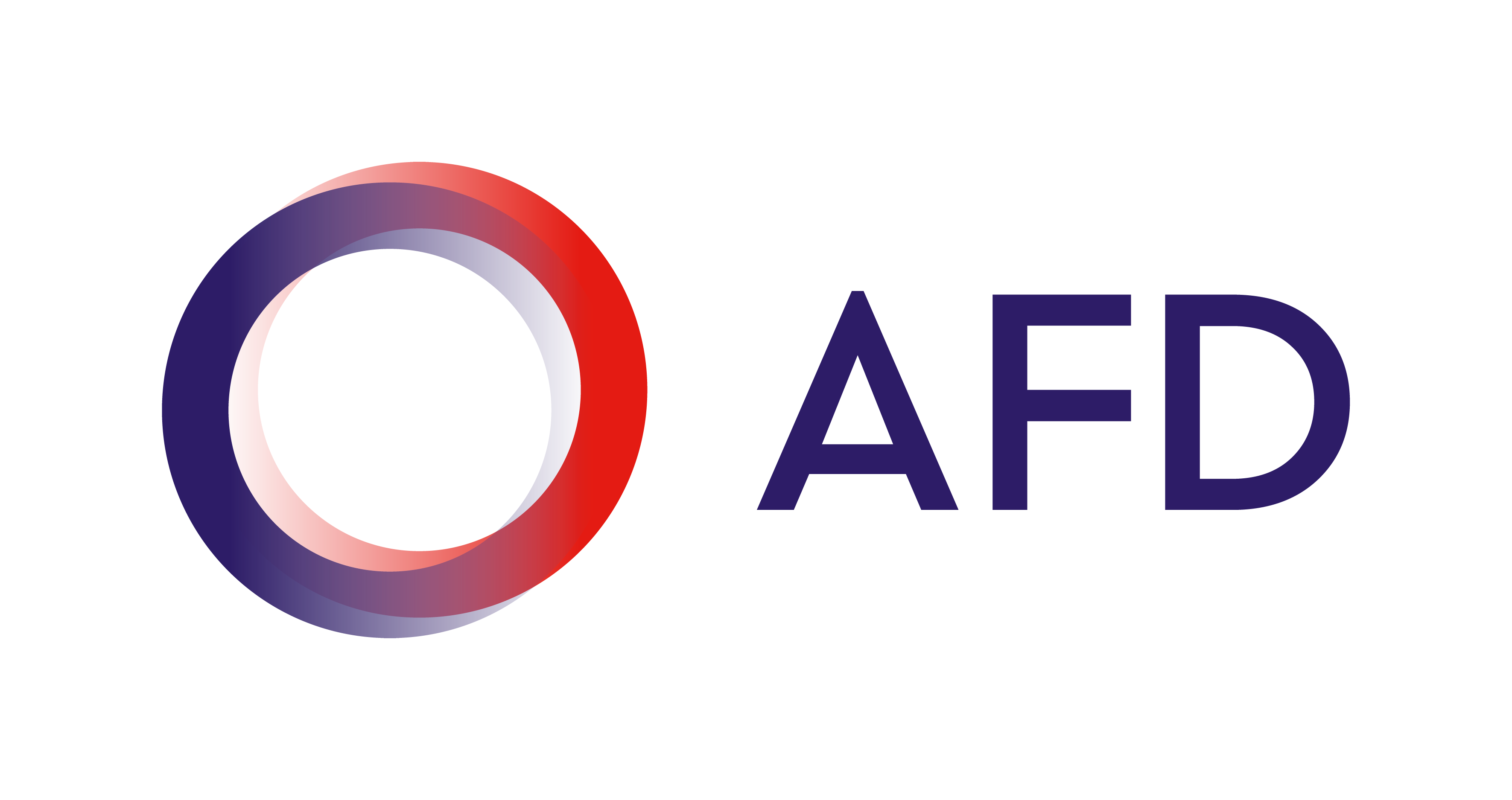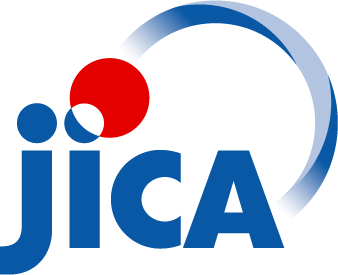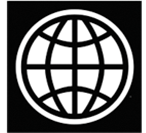- How are international development players adapting their policies to take account of the security-development nexus?
- Are there any examples of good national and international policies which have succeeded in bringing peace and development to a previously troubled country or region?
- What is the role of non-state actors including business, civil society and women in the quest for security and development?
Speakers
Maria-Manuela Cabral
Head of Unit, Fragility and Resilience at the European Commission Directorate General for International Cooperation and Development
Lawrence Dechambenoit
Vice President for Corporate Relations Africa at Rio Tinto
Farahnaz Ghodsinia
European Development Days Young Leader, Philippines
Hannes Lambrecht
Advisor, Sector Programme Peace and Security, Disaster Risk Management at the Deutsche Gesellschaft für Internationale Zusammenarbeit (GIZ)
Maria Victoria Llorente
Executive Director of the Fundación Ideas para la Paz, Colombia
Olivier Ray
Head of Sector, Crisis Prevention and Post-conflict Recovery at the Agence Française de Développement (AFD)
Moderator
Shada Islam
Managing Director at New Horizons Project
